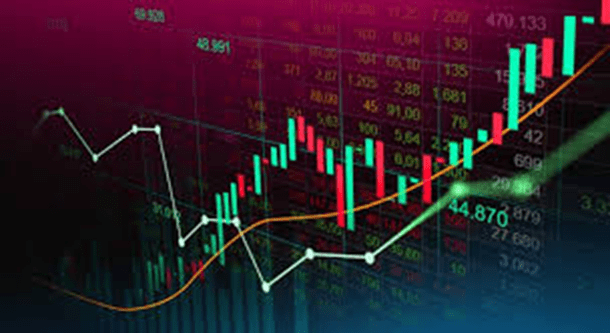Yibai Insights
Explore the latest trends, news, and insights from around the world.
Forex Frenzy: The Rollercoaster Ride of Currency Trading
Dive into the wild world of Forex trading! Discover secrets and strategies to conquer the currency market rollercoaster today!
Understanding Forex Trading: Key Concepts Every Trader Should Know
Forex trading, or foreign exchange trading, involves the buying and selling of currencies with the aim of making a profit. Understanding the key concepts of forex trading is essential for anyone looking to delve into this dynamic financial market. At its core, forex trading operates on the principle of currency pairs, where one currency is exchanged for another. For instance, in the EUR/USD pair, the Euro (EUR) is exchanged for the US Dollar (USD). Factors such as economic indicators, geopolitical events, and market sentiment play significant roles in driving currency value fluctuations.
Another vital concept in forex trading is leverage, which allows traders to control larger positions with a smaller amount of capital. While leverage can amplify profits, it also increases the risk of significant losses. Therefore, having a solid understanding of risk management strategies is crucial for sustainability in the market. Additionally, traders should be familiar with various trading styles, such as scalping, day trading, and swing trading, each with its own set of strategies and timeframes to guide decision-making.

10 Common Mistakes Forex Traders Make and How to Avoid Them
Forex trading can be a lucrative venture, but many traders fall into common traps that undermine their success. One prevalent mistake is over-leveraging, where traders use excessive leverage in an attempt to magnify their profits. While this can lead to significant gains, the risks are equally high, and a single bad trade can wipe out an account. To avoid this pitfall, it’s crucial to maintain a disciplined approach to risk management and only use leverage that aligns with your trading strategy and risk tolerance.
Another significant error is neglecting a trading plan. Many traders enter the market without a clear strategy, leading to impulsive decisions influenced by emotions. Developing a comprehensive trading plan that outlines entry and exit points, as well as risk management protocols, can help traders stay focused and avoid costly missteps. Remember, a successful Forex trader is not just reactive; they are proactive and always prepared with a strategy that adapts to market conditions.
What Factors Influence Currency Exchange Rates?
The currency exchange rates are influenced by a myriad of factors that reflect the economic conditions of a country. Firstly, interest rates play a pivotal role; when a country's central bank raises interest rates, it often leads to an appreciation in the currency's value as higher rates offer better returns on investments denominated in that currency. Additionally, inflation rates can affect purchasing power and influence exchange rates. A country with a lower inflation rate compared to its trading partners will see an appreciation in its currency over time as its goods become relatively cheaper.
Another critical factor is the political stability and economic performance of a country. Nations that are politically stable and demonstrate strong economic growth are more attractive to investors, which can lead to an increased demand for that country's currency. Furthermore, the trade balance, which measures the difference between a country's exports and imports, directly impacts currency values. A surplus indicates that a country is exporting more than it imports, thus increasing demand for its currency, while a deficit can have the opposite effect.